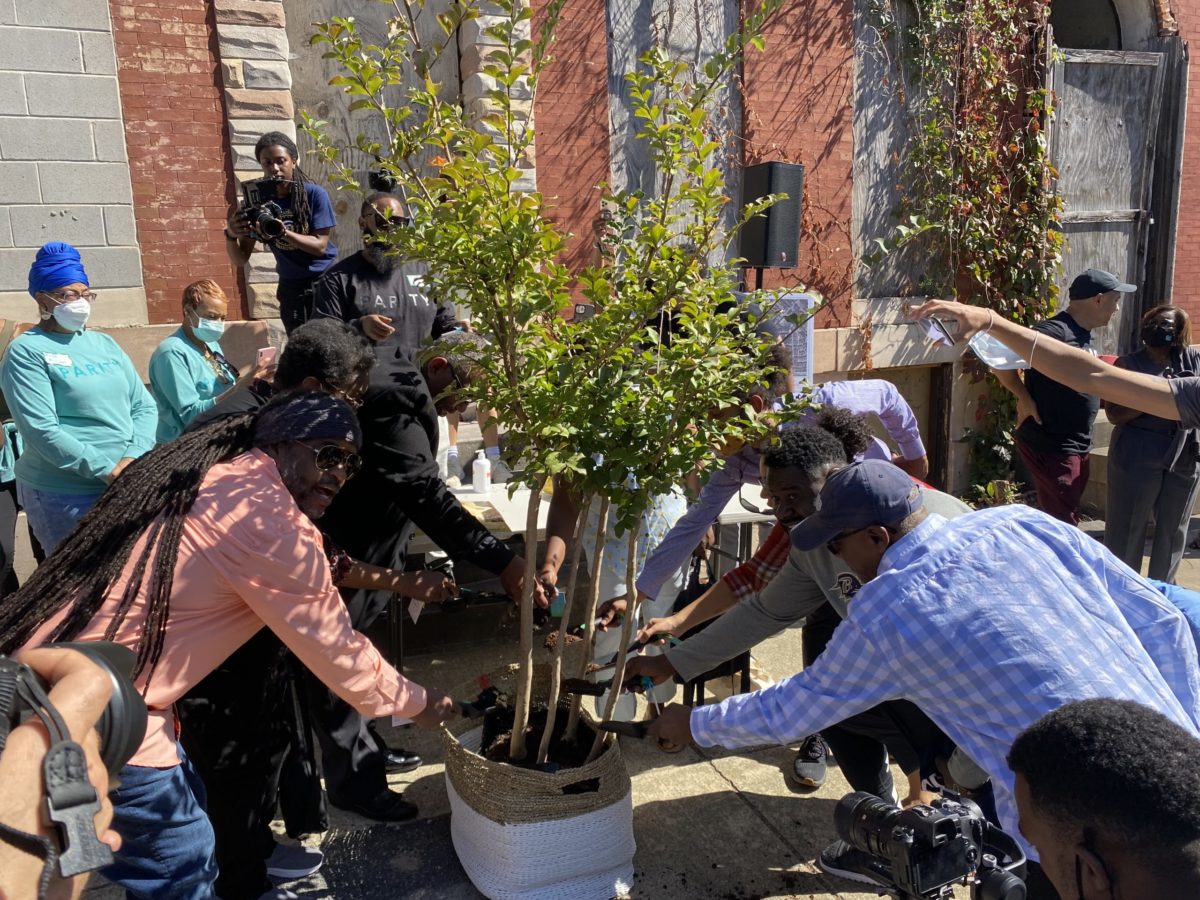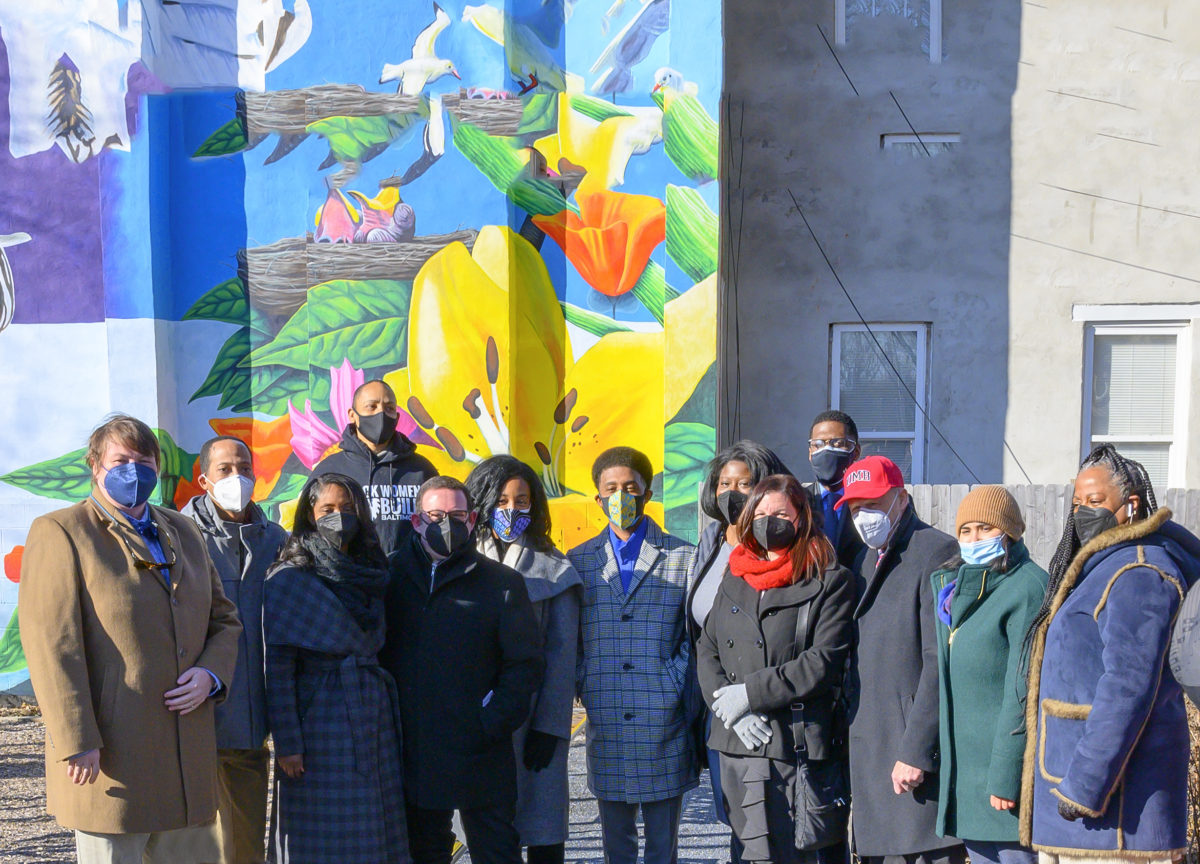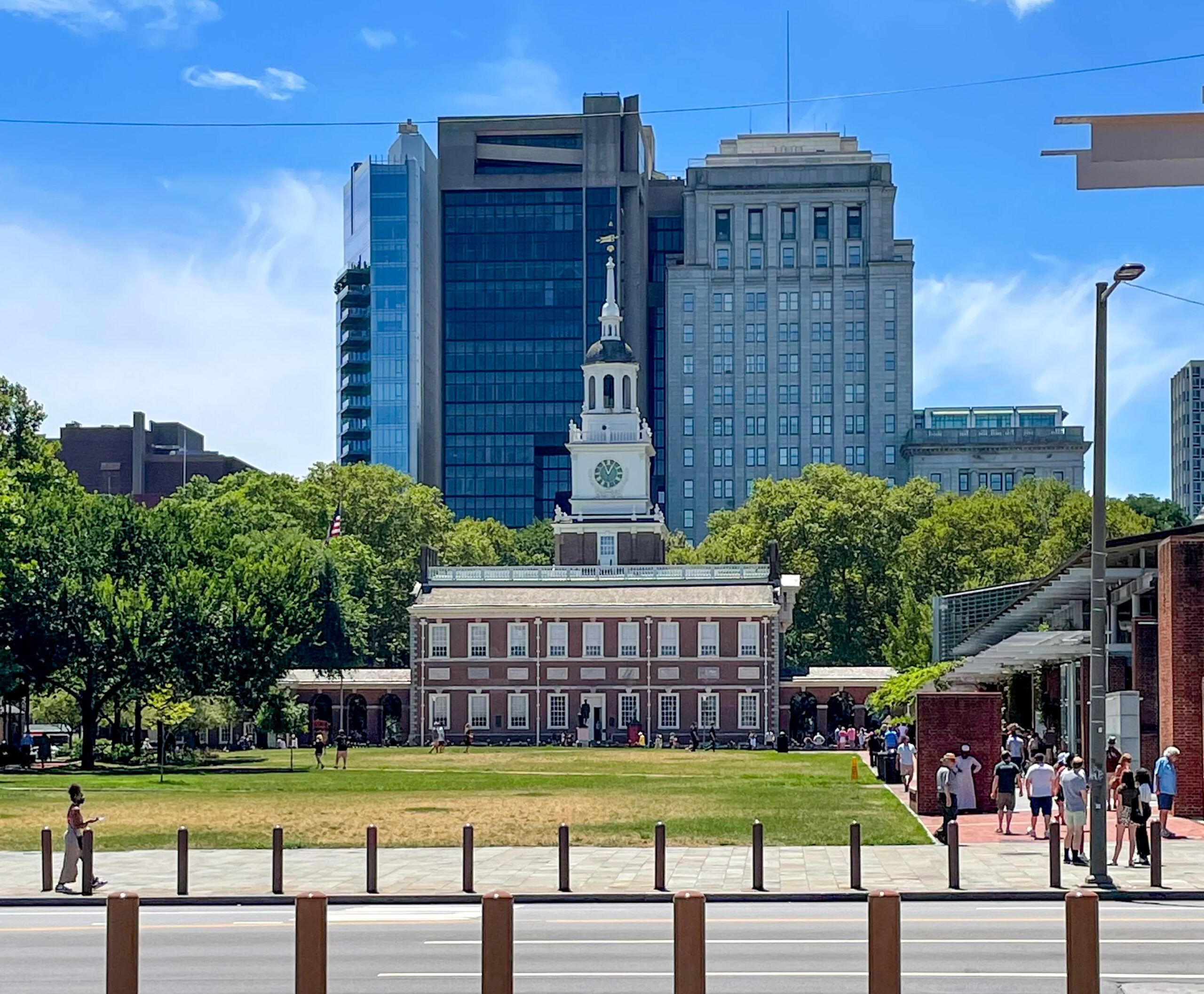Hear “wealth” and you might imagine a life of excess. But it’s also about household and community stability, and revitalization.
Over the next three years, financial firm JPMorgan Chase has committed $7 million to wealth-building organizations POWER: Prioritizing Our Women’s Economic Rise Collaborative and Parity Homes.
In total, JPMorgan Chase is committing $20 million to Baltimore City as part of a broader $75 million, five-year commitment to the Greater Washington region. Its goal is to close the racial wealth divide in the United States that leaves just 40% of Black families owning homes, as opposed to 73% of white families.
Of that, $2 million is going to Parity to aid in its mission of giving legacy residents in disenfranchised communities a pathway to homeownership. The equitable development company acquires and rehabilitates abandoned properties by the block to create affordable homeownership opportunities.
Parity will be using the money to expand its team and scale by hiring four new full-time positions. Founder and CEO Bree Jones is pledging to create 200 Black and Latinx homeowners in West Baltimore with the new financial and organizational support. The org will also launch a construction apprenticeship program.
“To build those 200 homes, we’re committed to increasing the pipeline of Baltimoreans that enter the construction trades,” Jones said at the press conference in Kirby Lane Park announcing the commitment by JPMorgan Chase on Wednesday. “With these funds we’ll serve as a pilot and model for equitable development not only across the city, but across the nation.”

Another $5 million of the JPMorgan Case commitment is going to the POWER Collaborative program meant to help women in West Baltimore who are Asset Limited Income Constrained Employed (ALICE) — that is, households that earn more than the federal poverty level, but less than the basic cost of living.
The goal of this new funding, POWER’s Omar Velasco told Technical.ly, is to boost small business ownership among Black and Latinx women.
“We’re trying to create a continuum of wealth in West Baltimore through three wealth accelerators,” said Velasco, who is the chief of small business services at the Latino Economic Development Center (LEDC) that leads the POWER collaborative. “One is entrepreneurship, the other is workforce development training, and the other is addressing different barriers around accessing affordable housing in Baltimore.”
The POWER Collective includes the City of Baltimore, University of Maryland (Baltimore Community Engagement Center), Black Women Build Baltimore, Baltimore-DC Building Trades and Baltimore Community Lending. Small business grants and funding flowing from this collaborative will primarily be focused on the 21223 ZIP code.
ALICE families make up 30% of Maryland households. They make more than the federal poverty level of $12,140 for a single adult and $25,100 for a family of four, but less than the average cost of living in Maryland at $33,636 for a single adult, and $87,156 for a family of four. This leads to plenty of hard decisions involving housing instability, health inequity and inescapable debt, which United Way of Central Maryland illustrated with its virtual 30|30 Experience on Giving Tuesday last year.







